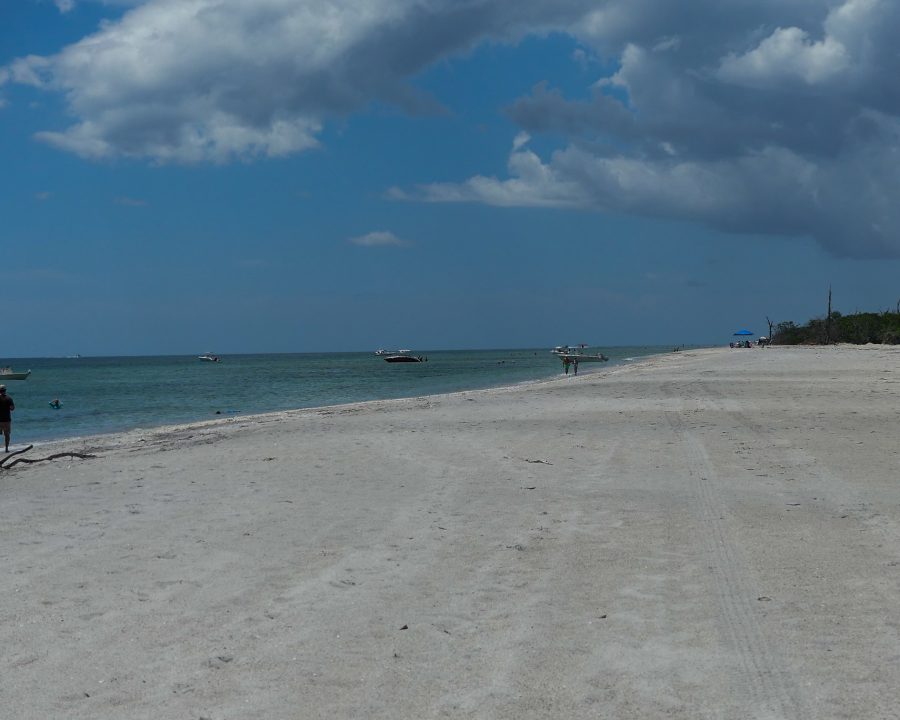With spring break in full swing, tourists and college students are flocking to Florida beaches in droves, specifically the popular Miami Beach. For Miami Beach, the influx of tourists has caused a state of emergency, and a curfew has been put in place between 8 p.m. and 6 a.m. The curfew was voted by the city commission on Sunday, March 21, to stay in effect until around April 12.
What does the curfew mean for tourists and businesses in the area?
The curfew means that businesses, such as restaurants, cafes, and other nonessential establishments, must close by 8 p.m. There are also traffic restrictions in place during the curfew.
The curfew starts at 8 p.m. on Thursday, and lasts through Sunday evenings, with sidewalk restaurants and cafes closing by 7 p.m. On other weekdays, the curfew begins at midnight.
With coronavirus cases still on the rise, the influx of tourists has caused the city to put in the new restriction of the curfew in order to keep residents and tourists safe. Miami Beach police told CNN that at least a dozen people had been arrested once the curfew had come into effect.
The curfew goes from Ocean Drive west towards Pennsylvania Avenue: areas that are common entertainment destinations for spring breakers and tourists.
Pedestrians and vehicles will be prevented from entering the main party strips in South Beach until the restrictions are lifted. The exceptions are residents, hotel guests, and employees of local businesses.
Miami Beach Mayor Dan Gelber told CNN that there was chaos across Miami Beach. Gelber also stated at a Miami Beach city commission meeting that “tourists had flooded into the city since Florida Governor Ron DeSantis called the state an ‘oasis of freedom’ from coronavirus restrictions late last month [February].”
Miami Beach has implemented traffic advisories alongside the curfew to curb the influx of tourists in the area. The traffic advisory states: “Miami Beach residents must show a valid Florida identification card, driver’s license or utility bill indicating a Miami Beach address. Hotel and vacation rental guests must show their lodging confirmation or hotel key card that indicates where they are staying. Employees of Miami Beach businesses can show their employee identification cards. Visitors with restaurant reservations booked after 10 p.m. should show a confirmation of the reservation.”
There have also been curfews placed on causeways near Miami Beach, including MacArthur Causeway, Julia Tuttle Causeway, and Venetian Causeway.
According to the BBC, “Florida continues to be a hotspot in the US. The state has recorded nearly two million of the country’s 29 million infections since the pandemic began.” Data from the CDC shows that Florida has reported 4,300 infections a day on average for the week of March 14 since the start of the spring break season.
Miami Beach’s curfew hit the spotlight after the news of Saturday, March 20, when a clash between tourists who were ignoring social-distancing and mask guidelines and police occurred. Police officers used pepper balls to disperse a crowd shortly after the curfew was introduced.
The curfew was initially put in place on March 20, and set to last only 72 hours, but on Sunday, March 21, city officials voted to extend the curfew further.
A lot of criticism has fallen on the state of Florida for opening up too quickly. The county that Miami beach is in has had one of the worst outbreaks of the coronavirus, with more than 32,000 Florida residents having died from the virus.
There is also concern that the state has the highest concentration of B.1.1.7, the variant of the virus that was first identified in Britain. Data surrounding the variant is still being gathered, especially in terms of how fast it spreads.
City officials in Miami Beach are urging those traveling to the area to be vigilant and follow all social-distancing and mask wearing guidelines, and respect the curfew put in place.

